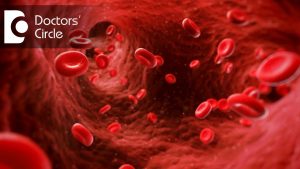In this video I discuss how alcohol affects the body, and some of the side effects of alcohol in the human body. I go through the path of alcohol in the body, the damage from alcohol, and what causes a hangover. I also discuss how drinking alcohol over time can harm your body, such as by causing a fatty liver. Transcript (partial) We are going to take a little trip of what happens to alcohol in the body. Once it is consumed alcohol goes down the normal food path of digestion. From the mouth through the esophagus and into the stomach. Here, about 20% of alcohol is absorbed through the stomach lining into the bloodstream, which means it is getting into the bloodstream very quickly. From the stomach, the alcohol that was not absorbed in the stomach next travels to the small intestine. One note here, if there is no food in the stomach, so an empty stomach, or if the alcohol is not consumed with any food, it gets to the small intestine very quickly. In the small intestine, the rest of the alcohol is absorbed into the bloodstream and travels to the liver. So, in the liver, an enzyme called alcohol dehydrogenase, which is also present in the lining of the stomach, which we will call ADH, oxidizes the alcohol, or ethanol molecule. In basic terms this means that the enzyme comes in and changes the chemical structure of ethanol, so, ethanol becomes acetaldehyde. This substance is known to be toxic and carcinogenic, or poisonous and cancer causing. This acetaldehyde is then metabolized down to a substance called acetic acid, which is less harmful to the body. Acetic acid can then be broken down into carbon dioxide and water. When alcohol is present, the liver will work on metabolizing it first. So, fatty acids can accumulate, which is why so many heavy drinkers develop fatty livers. It is estimated that the liver can eliminate about 0.5oz of alcohol per hour, which is about 1 beer, or 1 glass of wine, or 1 shot. The heart then pumps the alcohol rich blood to the lungs. Some of the alcohol in the lungs is breathed out every time you exhale causing your breath to smell of liquor. The lungs send the alcohol containing blood back to the heart where it is pumped to all parts of the body, including the brain. Once alcohol enters the brain, it slows down nerve cells that control your ability to move and think. So, judgment becomes impaired and movement becomes disrupted. Some people will begin to sweat and most will smell like alcohol. Alcohol also decreases the body’s production of anti-diuretic hormone. Antidiuretic hormone helps your kidneys manage the amount of water in your body. The decrease of this hormone causes the kidneys to not reabsorb water; instead it is excreted as urine, causing the body to become dehydrated. If alcohol consumption continues, it could lead to loss of consciousness. And massive alcohol consumption or binge drinking could lead to alcohol poisoning. This happens when there is a high concentration of alcohol in the bloodstream and this could result in coma, respiratory depression or possibly death. Now let’s look at the aftereffects of alcohol over consumption…the dreaded hangover. The exact causes of a hangover are not completely understood, but there are several factors that may contribute to it. The chemical acetaldehyde is formed from ethanol, it is believed that this chemical is what causes the headaches associated with hangovers. The increase in urination leading to dehydration, which could cause the thirst, dry mouth and dizziness. Some immune cells produce substances called cytokines, which can contribute to nausea and. Some alcoholic beverages increase the release of gastric acid in the stomach, and delay the emptying of the contents in the stomach, which could be the reason for stomach pain associated with hangovers. Alcohol can also interfere with the livers production of glucose, the main form of energy for cells, which could contribute to dizziness, disorientation and lack of energy. The long term effects of alcohol over consumption include anemia, which is a low amount of oxygen carrying red blood cells. It can lead to cell death in the liver cells and brain cells, leading to these organs not functioning properly. The risk of heart failure increases; as does the risk of stomach and intestinal problems, and many heavy drinkers have high blood pressure. Over consumption of alcohol can also lead to relationship problems, depression, and employment problems. And these are just a few of the long term problems associated with constant over consumption of alcohol. It is always about moderation. Limiting yourself to 1 or 2 drinks from time to time is probably a good strategy. As you can see, over consumption of alcohol has a lot of negative effects on your body, and consistent over consumption of alcohol has catastrophic effects on your body.
Alcohol Video – 1
- Post author:admin
- Post published:May 12, 2021
- Post category:Uncategorized
- Post comments:0 Comments
You Might Also Like

Androgenic – Medical Definition

Acne Skin Care Products – What is Acne? – Beauty Over Fifty 2017
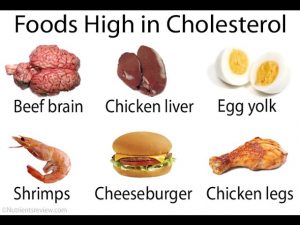
What is Cholesterol……? Why We Must Control Cholesterol…..? Reason for Heart Attack…..
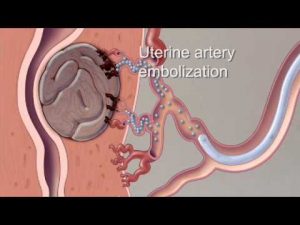
Fibroid Treatment Options – Mayo Clinic

One Arm Row Dumbbell-5

Exercise Videos- Dumbbell Row on Ball
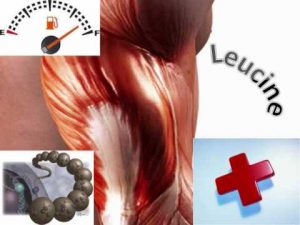
BCAA (Branched Chain Amino Acids)

Branches of Physiotherapy Video – 7

Hamstring Stretches to Do at the Desk at Work : Dynamic Exercises
Brain Damage

Pec Fly Machine-2

Life at Endurance: Our Culture

How to Stretch Your Triceps (AND HOW NOT TO!)

How to Shave with Acne and Oily Skin | Men’s Skin Care Tips

la definition du sport.wmv

Batting Fitness Training with Chinmoy Roy | Cricket World

Insulin and glucagon | Chemical Processes | MCAT | Khan Academy

Skeleton Anatomy and Physiology Review Bones 01
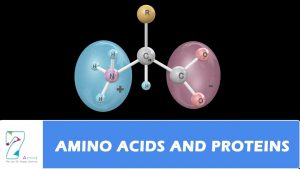
AMINO ACIDS AND PROTEINS

Balloon Angioplasty and Heart Disease: Demo Using Balloons

Thyroid Gland – Thyroid Follicles – Parafollicular Cells – Thyroid Hormones – T3 T4 and Calcitonin

What are carbohydrates?

Eating Disorders Video – 1
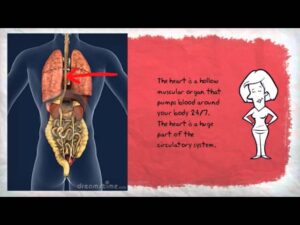
Names and Functions of Organs

Sex Change Surgeries Video – 5

Low Pulley Biceps Curl | Biceps Exercise #1 | Fitness With Sangram Chougule
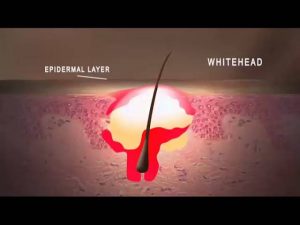
Pimple and cyst explosion medical What is acne

Meningitis

Hyperextension With ball-7

How to Get Toned Abs (IN ANY LIGHTING!)

10 Exercises for Groin Strains

Evolution of the Skeletal System (Hindi)- कैसे विकसित हुआ ये कंकाल?

Organ Transplantation Surgeries Video – 6

Explosive Cardio for FAT LOSS | Beach Sprints

Nutritional Management for Arthritis in English – Diet Tips, Nutrition Supplements

Goodmorning-2

Defined Fitness Farmington NM – Complete Gym Tour

3 Effective Natural HOME REMEDIES TO REDUCE OBESITY (Excessive Body Fat)

Enalapril Maleate 5 mg 10 mg 20 mg tablets and side effects

Top 5 Best Vitamin B Complex Supplements in 2020 Reviews

Health Videos: 12 best Foods to increase metabolism
